Politics
DONALD TRUMP, EUROPE, FOREIGN POLICY, GREENLAND, JIMMY CARTER, MAR - A - LAGO, NATIONAL SECURITY, NORTH AMERICA, PANAMA, PANAMA CANAL AUTHORITY, RESUPPLY MISSIONS, RICAURTE VÁSQUEZ MORALES, STREET JOURNAL, TERRITORIAL DISPUTES, TRUMP, UNITED STATES, US-CHINA RELATIONS, VA, WALL STREET JOURNAL
Sophia Klein
Panama Canal CEO Rejects Claims of Chinese Control Amid Trump Controversy
Panama Canal CEO Ricaurte Vásquez Morales refuted President Trump’s claims that China controls the canal, emphasizing that such allegations are unfounded. Trump criticized the historical handover of the canal to Panama, labeling it a mistake. The situation underscores rising concerns over Chinese influence in global maritime trade and national security implications for the U.S.
The CEO of the Panama Canal Authority, Ricaurte Vásquez Morales, has refuted claims made by President-elect Donald Trump regarding Chinese control over the canal. He affirmed to the Wall Street Journal that these allegations are baseless and stated, “China has no involvement whatsoever in our operations.” He emphasized that adherence to neutrality treaties is paramount, warning against any violations that might lead to chaos.
Moreover, Trump’s remarks included his dissatisfaction with the 1977 Torrijos-Carter Treaties that led to the canal’s handover to Panama, describing it as a significant mistake in Carter’s presidency. During a discussion at Mar-a-Lago, Trump highlighted the canal’s critical importance for U.S. economic security, insisting that the canal should not be under Chinese influence. He rejected the suggestion of using military coercion to regain control over the canal, asserting that it is vital for national interests.
In response to previous assertions by Trump that Chinese soldiers were operating in the canal, Panamanian President José Raúl Mulino labeled this as “nonsense,” reaffirming the canal’s ownership by Panama. The article also pointed out concerns from the U.S. Department of Defense about Chinese investments in global ports, indicating a broader apprehension regarding China’s strategic endeavors, particularly as they relate to infrastructure like the Panama Canal, which is a crucial maritime route for global trade.
The Panama Canal, completed by the United States over a century ago, has been central to international maritime trade, with approximately 5% of global commerce passing through it. Following the Torrijos-Carter Treaties concluded in the late 1970s, the control of the canal was handed over to Panama on December 31, 1999, with specific provisions to safeguard its neutrality. In recent times, fears have arisen in the United States regarding the growing influence of China in vital global assets, including shipping ports, which some claim could pose strategic challenges to U.S. interests in the region.
In summary, the claim that China is controlling the Panama Canal has been firmly denied by both the canal’s CEO and the Panamanian president. With geopolitical tensions surrounding China’s increasing influence in global trade routes, such as the Panama Canal, concerns regarding national security and economic stability continue to dominate discussions among U.S. policymakers. The Panama Canal remains a critical asset for international trade and national interests.
Original Source: www.foxnews.com
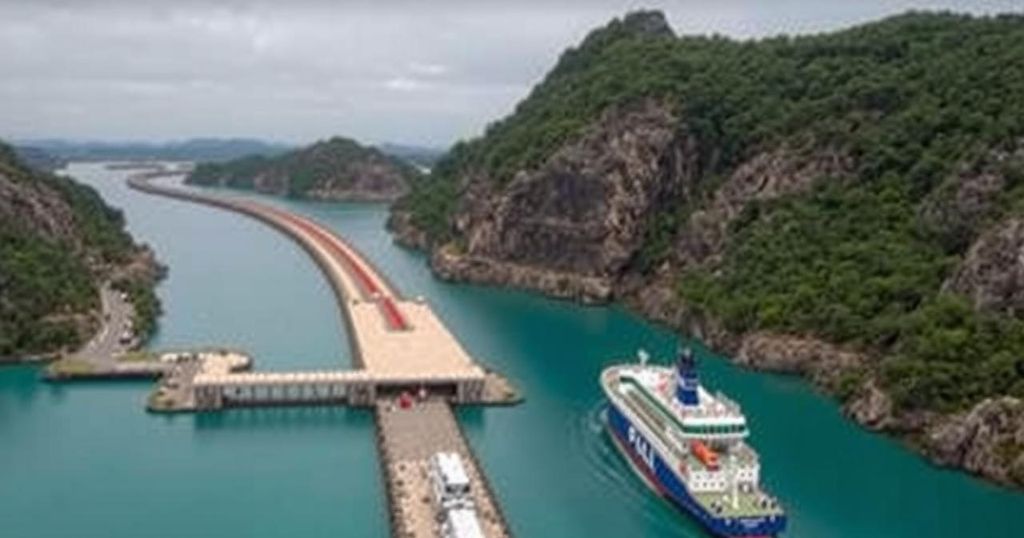
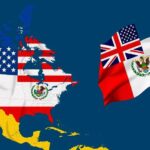
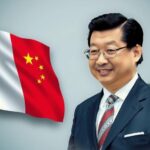

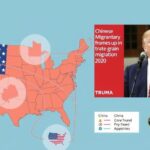
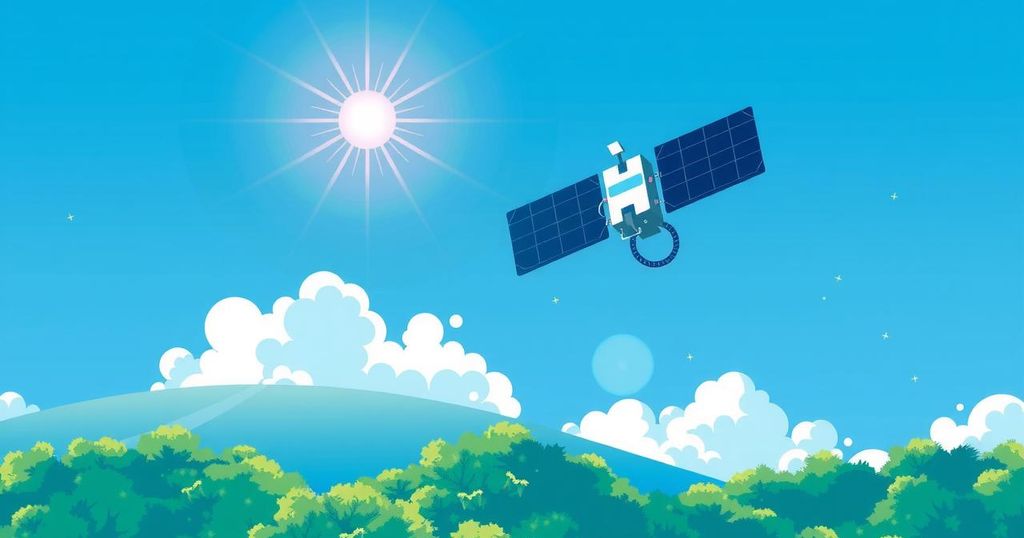
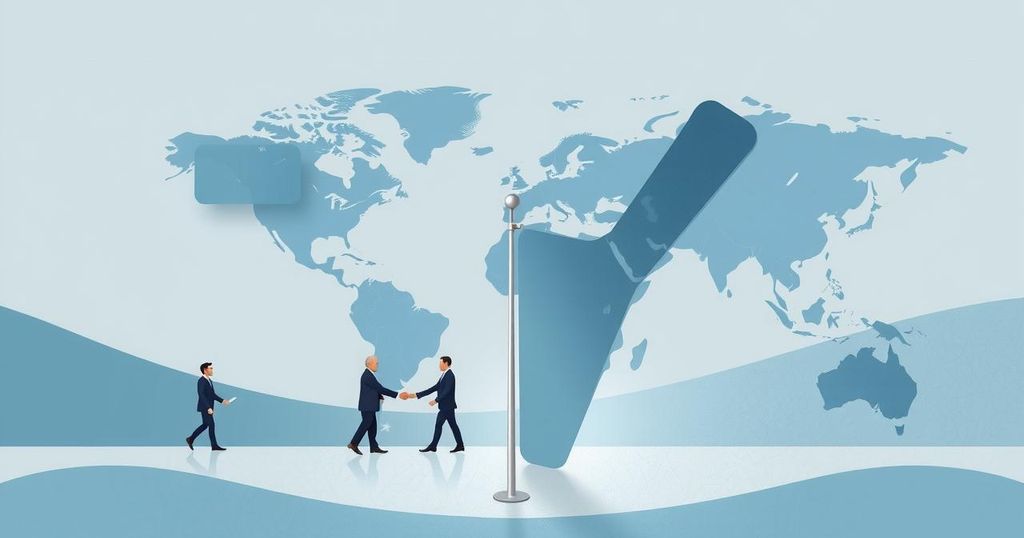
Post Comment